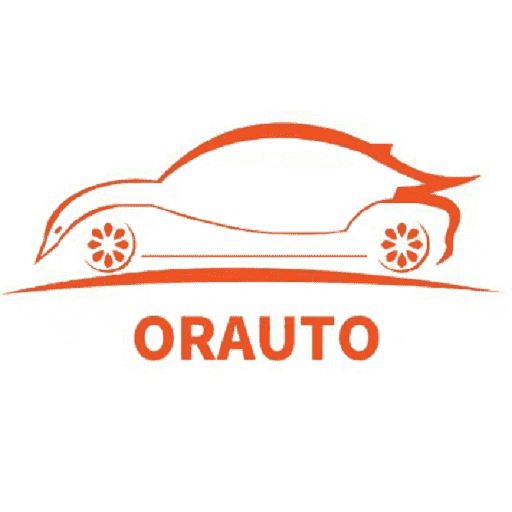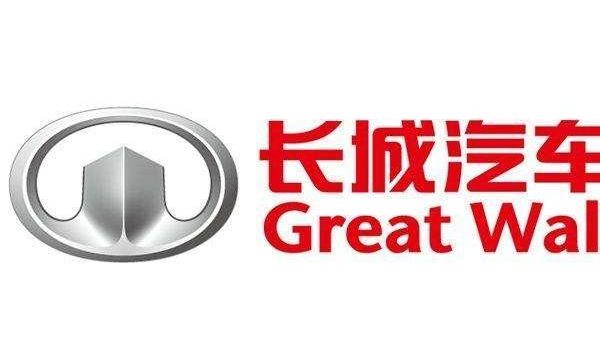The entrepreneurial story of the rich second generation, who took over the family business at the age of 26 and created Great Wall Motors with a market value of 10 billion.
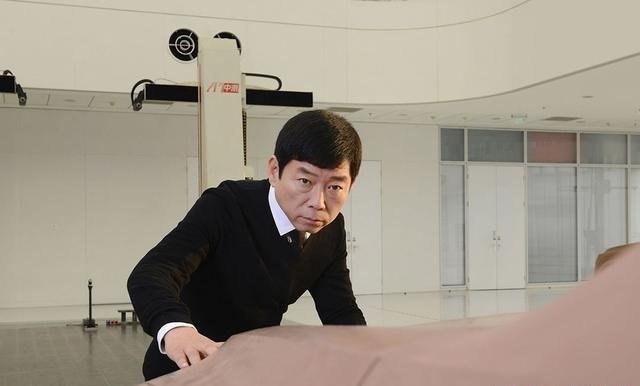
Due to the popularity of the domestic SUV market in recent years, Great Wall Motors and its Haval Motors can be said to be star-studded.
Speaking of Great Wall Motors, everyone must be very familiar with its chairman Wei Jianjun.
But did you know that our boss Wei is an out-and-out rich second-generation.
The story also starts in 1983, when our boss Wei was just 19 years old. His father Wei Deyi retired from the army. When he was discharged from the army, Wei Deyi was in his early forties, a good age to dare to think and act, so he took his family of five and his younger brother Wei Deliang’s family back from Beijing to his hometown of Baoding, Hebei. After returning to Baoding, he founded Baoding Taihang Construction Equipment Factory and began to engage in machinery. This Taihang Machinery Factory is now the Taihang Group.
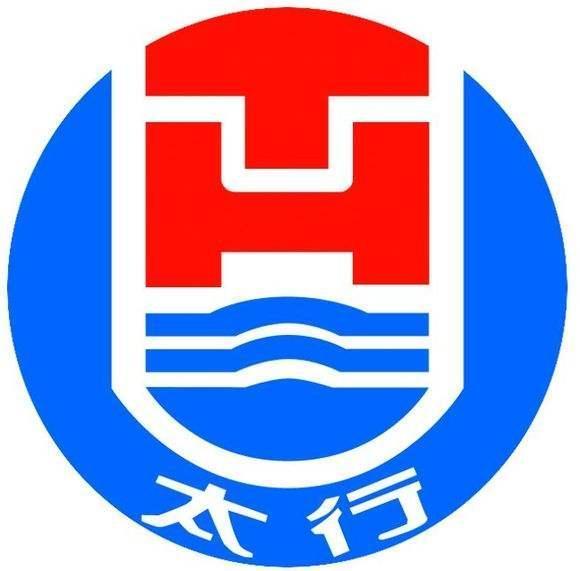
Wei Deyi soon realized that the independent front axle of domestic automobiles is heavily dependent on imports. Taking advantage of the convenience of running a machinery factory at home, the old Wei family built their own front bridge. At that time, Geely’s chairman Li Shufu in Zhejiang was still working on refrigerator evaporators.
In 1984, under the instigation of his elder brother Wei Deyi, Wei Deliang, the second uncle of Wei Jianjun, opened Baoding Great Wall Industrial Company.
Wei Deyi soon realized that the independent front axle of domestic automobiles is heavily dependent on imports. Taking advantage of the convenience of running a machinery factory at home, the old Wei family built their own front bridge. At that time, Geely’s old Li family in Zhejiang was still working on refrigerator evaporators.
In 1984, under the instigation of his elder brother Wei Deyi, Wei Deliang, the second uncle of Wei Jianjun, opened Baoding Great Wall Industrial Company.
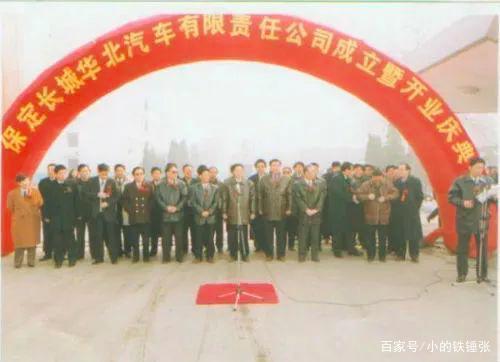
Driving a Lada to perform drifting was Wei Jianjun’s favorite thing at that time. Boss Wei himself said that if he was not the chairman, he might become a professional technician or racing driver.
With the efforts of Wei Jianjun, he became the general manager of Great Wall Industry Company in July 1990.
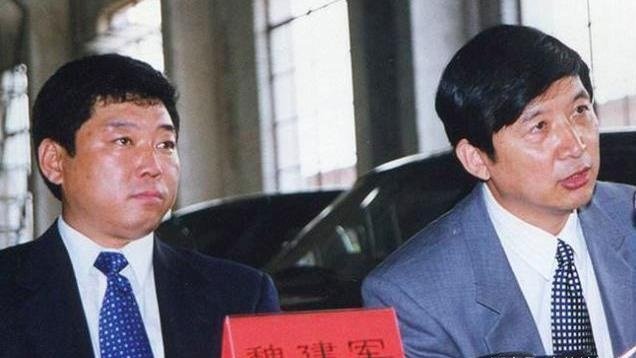
And signed a five-year contract with the township government.
But what Boss Wei didn’t know at the time was that the Great Wall Industry he took over only had the qualification for car modification and not for car production.
Under such conditions, in 1993, he brought the independent front axle and suspension technology from his father’s factory, bought the chassis technology, and hired a sheet metal worker in Yangzhou to knock out a Great Wall sedan. At that time, I drove this car to the exhibition. It is worth mentioning that on the way to the exhibition, this Great Wall car lay down several times and almost missed the exhibition!
However, the Great Wall sedan knocked out by this sheet metal worker was very popular in the three northeastern provinces at a low price of 100,000 yuan. It earned 1 million in half a year and turned losses into profits in three years.
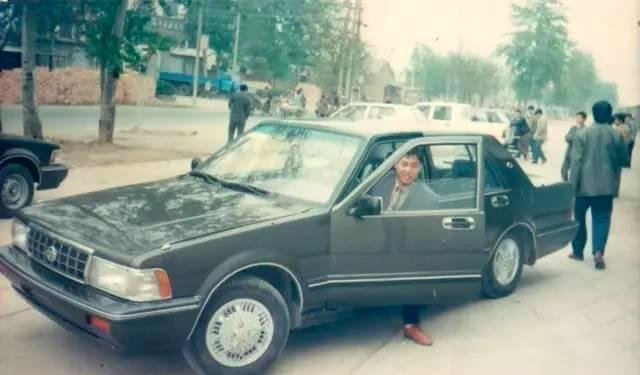
However, the reality hit Wei Jianjun hard in the face. In 1994, the national “Automotive Industry Policy” was issued, and automobile production began to be managed by catalog. The sedan produced by the car modification qualification in the hands of Great Wall Industry could not get a license plate at all, and Wei Jianjun had no choice but to look at the car and sigh.
In this way, the factory stopped, and Boss Wei went abroad to relax. Coincidentally, Mr. Wei, who was planning to go to Thailand to watch a ladyboy show, became interested in seeing the pickup trucks running on the streets of Thailand. At that time, Thailand was in a similar economic situation to ours, but the pickup market in Thailand was very good. In contrast, there are not many in our country. Well done at home.
Boss Wei gritted his teeth and stomped his feet. After returning to China, Boss Wei began to find companies to cooperate in the production of pickup trucks, but Boss Wei, who ran out of shoes, did not find any companies willing to cooperate with him. Desperately, he returned to Baoding.
Boss Wei, who returned to Baoding, took a fancy to Tianye Automobile, which is also the current ZTE Automobile in Baoding.
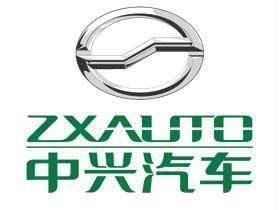
At that time, ZTE was an old state-owned car manufacturer. The pickup trucks produced were expensive, high fuel consumption and poor quality. Wei Jianjun saw the opportunity and bought a lot of their pickups to dismantle and improve. On the other hand, they went to the Zhongxing factory to poach a large number of skilled workers, purchased engines from Mianyang Xinchen factory, and purchased gearboxes from Tangshan gear factory.
On March 5, 1996, Great Wall’s first fuel-efficient and durable Picadier (Deer) was born. .

At that time, the self-employed and township bosses immediately started the buy-buy-buy mode when they saw the pickup trucks that could pull goods, save fuel, durable and low price! In addition, the state had strict restrictions on the purchase of cars by social units at that time, and social units in coastal areas with developed private economy directly pulled pickups in batches.
In this way, Great Wall has established an unshakable position in such a market segment as pickups, and even today, the sales of Great Wall pickups are far ahead in China!
Of course, Wei Jianjun was not satisfied with his success in the pickup market. In 2005, Great Wall began to enter the SUV market, and the first model, Haval, was launched in March of that year.
This model is also the predecessor of the Haval ticket brand.
Of course, Wei Jianjun also failed. Since 2006, Great Wall Motors has established a development strategy of focusing on the development of small-displacement A-class sedans.
Its concept of making cars is very clear: not to build low-quality and low-cost cars, but to be products with a high starting point, a global version, and in line with international regulations and standards.
However, because the Great Wall’s technology in related areas is not mature, and the workmanship is rough. Soon I came back in this market, and I haven’t returned so far!
